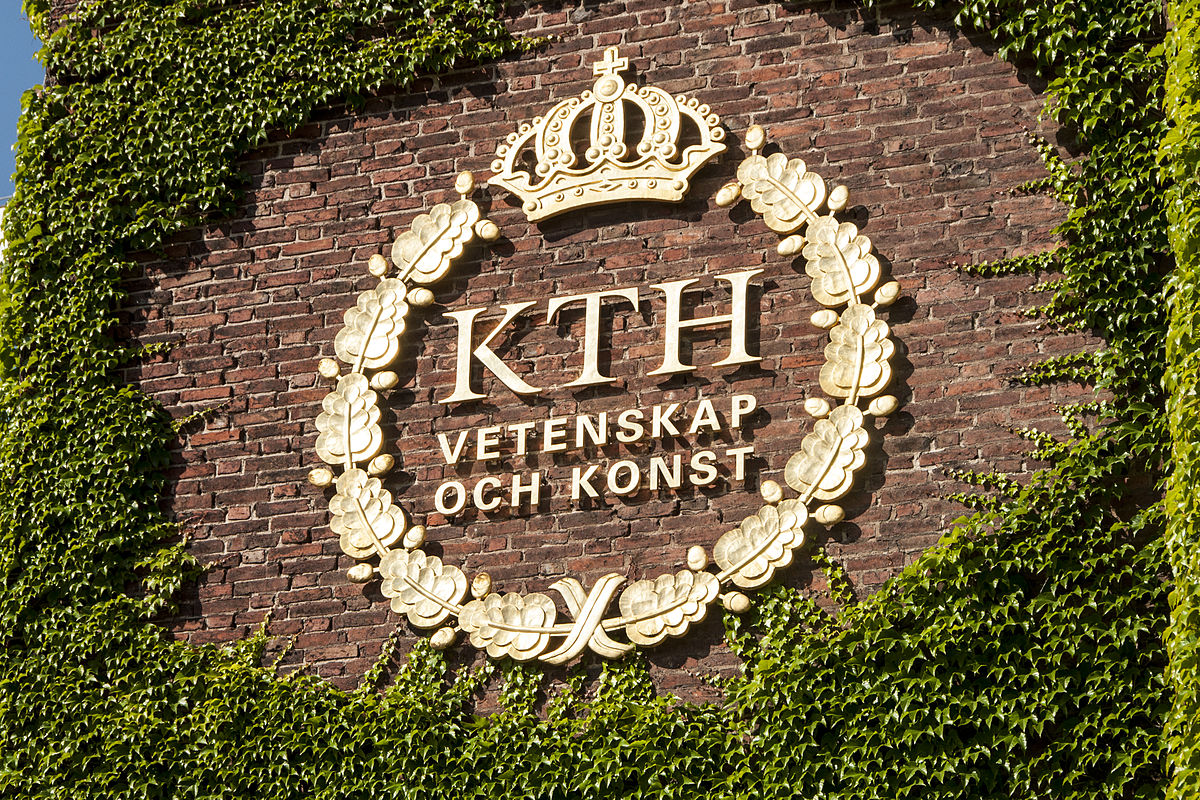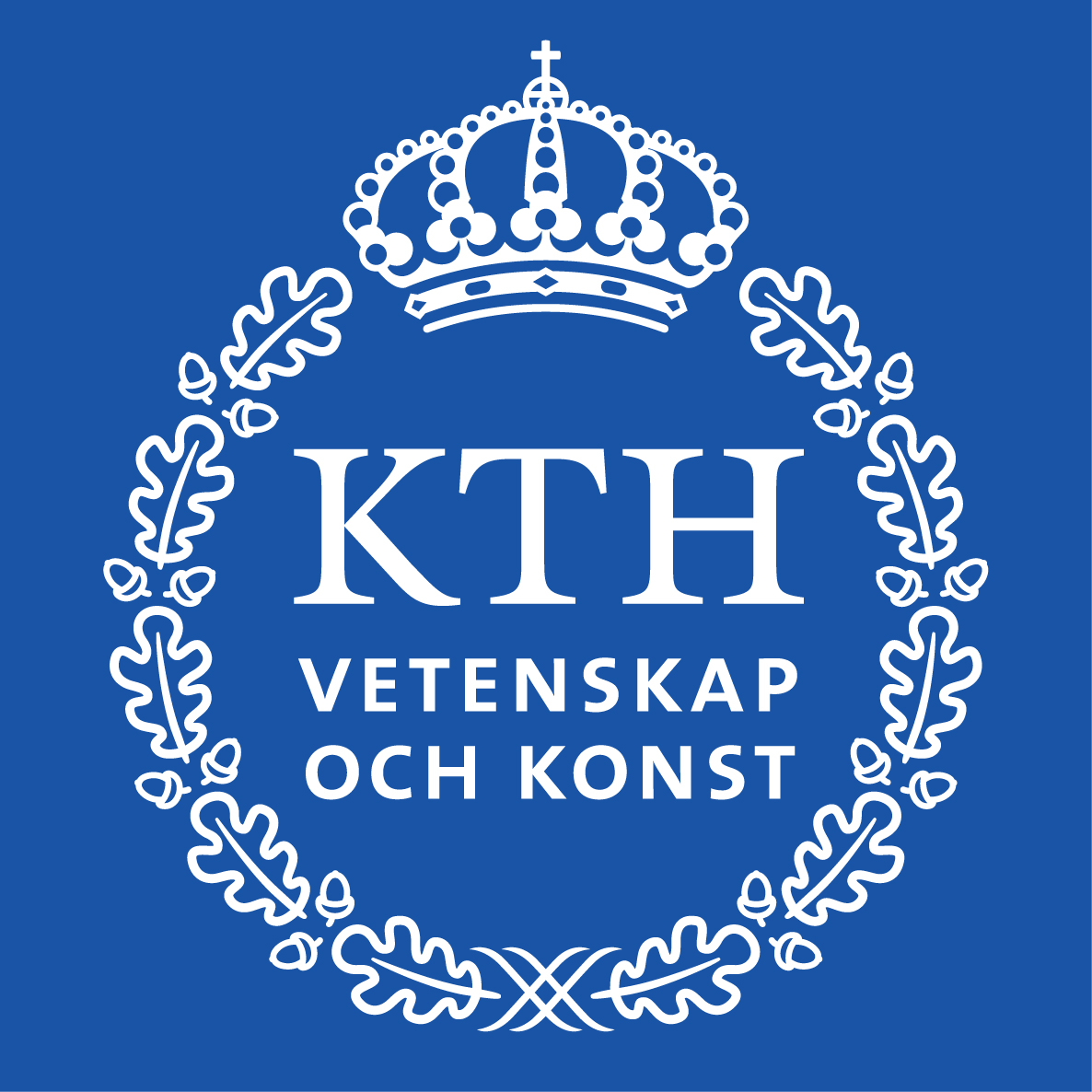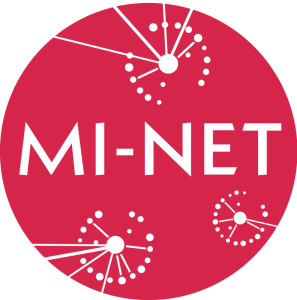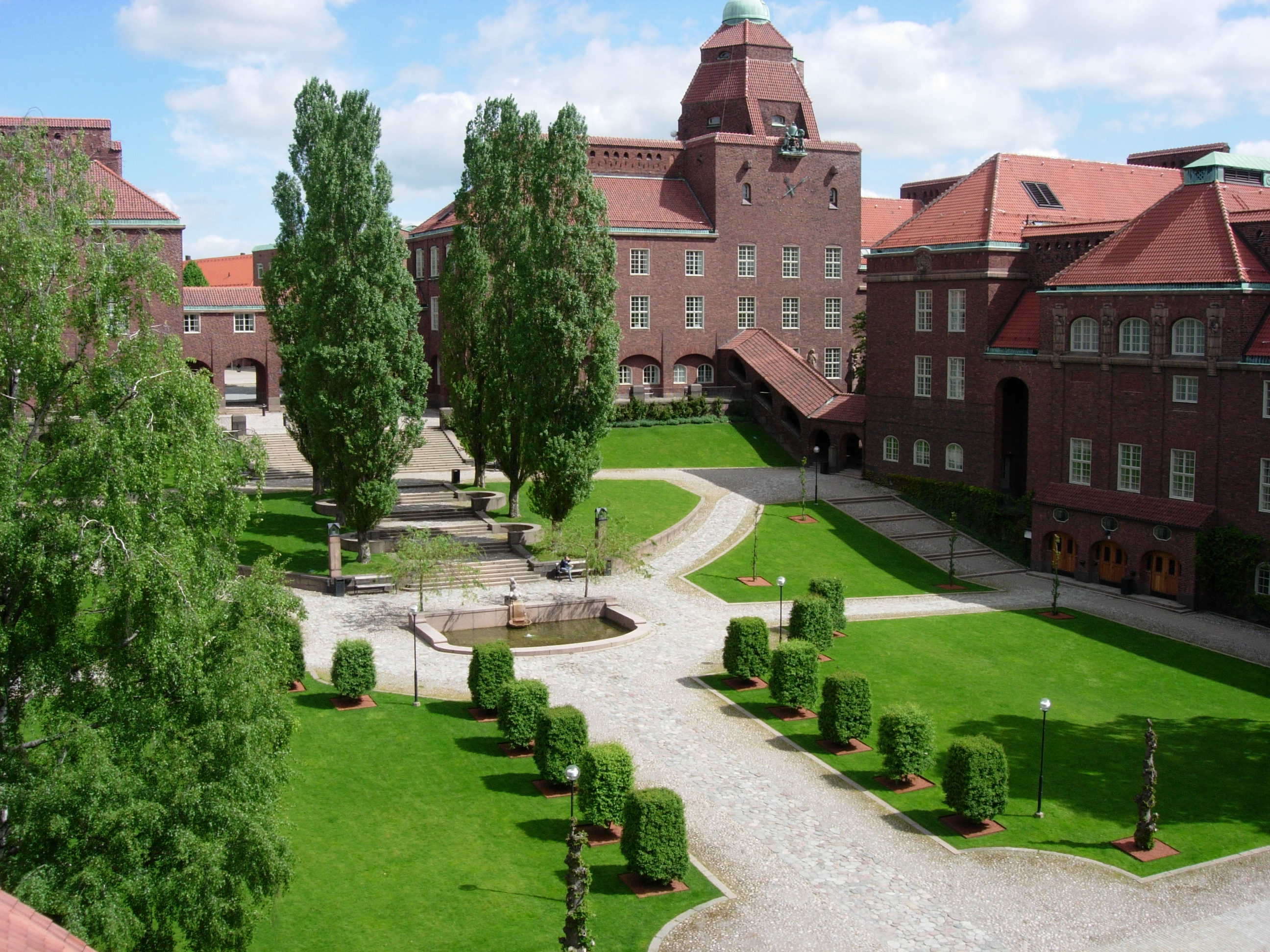|
Swedish Study Group: Mathematics in Society |  |
|
Swedish Study Group: Mathematics in Society |  |
|
|
Data driven modeling for control of industrial systems |

|
Ahum – the first AI-supported matching service for psychological therapy |
|
|
Mathematical simulation and parameter identification of a bolometer |

|

|

|
